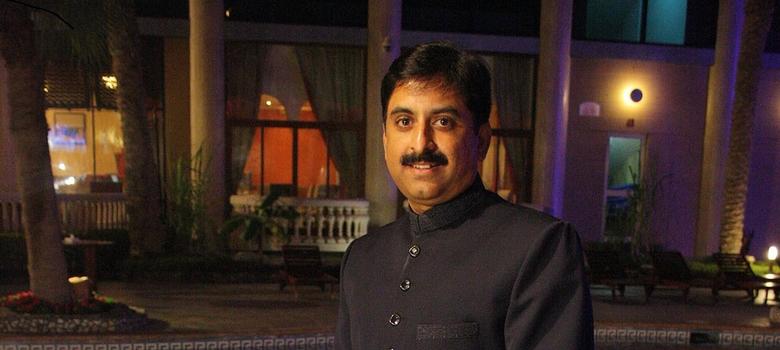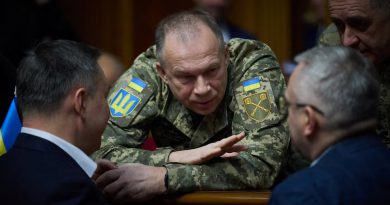The rise of first Muslim MP in Maharastra in 15 years
by Dhaval Kulkarni
When journalist-turned-politician Imtiaz Jaleel Syed defeated Shiv Sena MP Chandrakant Khaire by a wafer-thin margin of around 5,000 votes from Aurangabad, he registered some firsts against his name.
Apart from being the first MP of the All India Majlis-E-Ittehadul Muslimeen (AIMIM) to be elected from outside their traditional pocketborough of Hyderabad, Jaleel will be Maharashtra’s first Lok Sabha (LS) MP from the Muslim community in 15 years.
The last Muslim MP to be elected to the LS was the late Barrister AR Antulay from Raigad in 2004. In 2009, Antulay, a former chief minister of Maharashtra, with an appeal across caste and religious lines, was defeated by Sena’s Anant Geete.
The AIMIM was in an alliance with Prakash Ambedkar’s Vanchit Bahujan Aghadi (VBA) in the LS polls. The AIMIM-VBA alliance is looking at creating a rainbow coalition of Muslims, Buddhist Dalits and smaller caste groups from the scheduled castes and OBCs, which may pose a challenge for the “captive votebank” politics of “secular parties” like the Congress and NCP.
“Imtiaz Jaleel’s victory proved a Muslim can win elections but the Congress-NCP did not grant them nominations,” said AIMIM chief and Hyderabad MP Asaduddin Owaisi, while speaking to DNA. In Maharashtra, the Congress-NCP nominated just one Muslim — Hidayat Patel (Congress) from Akola. Incidentally, Patel was thrown to the third place as Ambedkar ended up as the runner-up against BJP’s Sanjay Dhotre.
Muslims account for around 10.6 per cent of Maharashtra’s population, the fourth-largest after Uttar Pradesh, West Bengal and Bihar, with substantial numbers in regions like Mumbai, Marathwada, Vidarbha and North Maharashtra.
However, the number of Muslim MLAs in Maharashtra has declined by one in every election in the recent past. In 1999, a total of 12 Muslim legislators were elected, but in 2004 the number fell to 11. The 2009 elections to the Maharashtra assembly saw just 10 Muslim MLAs being elected. This number fell to nine in 2014. This includes five from the Congress, two from the AIMIM, and one each from the NCP and Samajwadi Party.
“It is sad that such a huge social group is being gradually denied representation in electoral politics. Muslims are unlike Dalits and tribals, who have political reservations,” said a senior Congress leader from the Muslim community.
The leader admitted that after the consolidation of Hindutva politics in the 1990s and counter-mobilisation by Muslim groups, transfer of votes from other communities to Muslim candidates had become difficult.
“Hence, parties do not field Muslims for the LS as they have little electoral merit. Antulay was elected for successive terms to the LS as he could secure votes of non-Muslims. There are few such leaders today,” he said.
The Congress veteran pointed to another irony — while Muslim leaders from North India were politically influential in and around Mumbai, Marathi Muslims from areas such as Konkan and western Maharashtra, who have a degree of cultural integration with local Hindus had little voice in politics.
“North Indian Muslim leaders in Maharashtra have influence with their party’s high command. However, Marathi Muslims are concentrated in moffusil and rural areas with little political representation and leadership,” he said.
MUSLIM MPS ELECTED FROM MAHARASHTRA:
- Muhammed Mohibbul Haq (Akola, 1962)
- Samadali Sayyad (Jalgaon, 1967)
- Asghar Hussain (Akola, 1967)
- Abdul Salebhoy (Mumbai, 1971)
- KM Asghar Hussain (Akola, 1971)
- Abdul Shafee (Chandrapur, 1971)
- Ghulam Nabi Azad (1980, Washim)
- Qazi Saleem (Aurangabad, 1980)
- Hussain Dalwai (1984, Ratnagiri)
- Ghulam Nabi Azad (1984, Washim)
- Abdul Rehman Antulay (Raigad, 1989, 1991, 1996, 2004)
Article first published in DNA.



